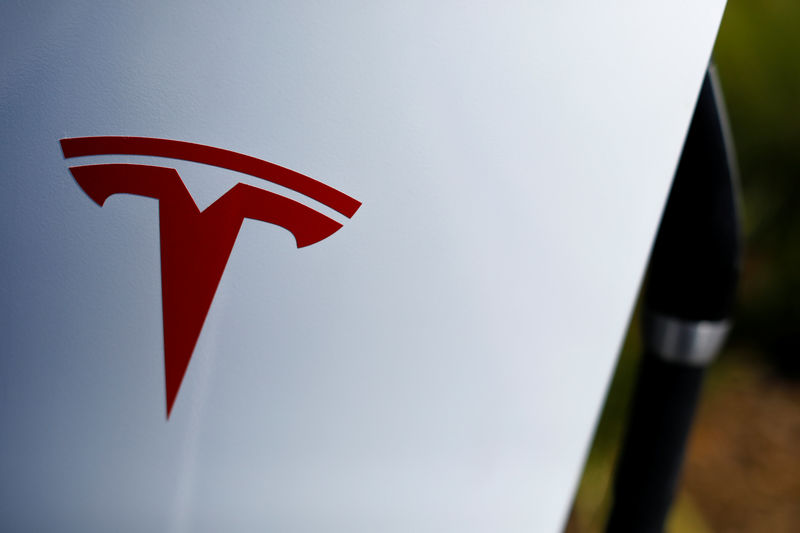Tesla to urge dismissal of California agency’s race bias lawsuit
2022.08.24 13:34

By Daniel Wiessner
(Reuters) – Tesla (NASDAQ:TSLA) Inc’s lawyers on Wednesday will urge a California judge to throw out a lawsuit by the state’s civil rights agency accusing the electric car maker of widespread race discrimination at an assembly plant.
California Superior Court Judge Evelio Grillo in Oakland will hold a hearing on Tesla’s bid to dismiss the lawsuit by the state Department of Civil Rights (DCR). Tesla, which is facing a series of other discrimination lawsuits brought by employees, says the case is politically motivated.
In a complaint filed in February, the DCR said Tesla’s flagship Fremont, California, plant was a racially segregated workplace where Black employees were harassed and discriminated against in terms of job assignments, discipline and pay.
Tesla, which has denied wrongdoing, and its lawyers did not respond to a request for comment on Tuesday. Neither did the DCR, which until last month was called the Department of Fair Employment and Housing.
Austin, Texas-based Tesla is facing a series of race and sex discrimination cases, most involving the Fremont plant.
A state judge in April cut a jury verdict for a Black worker who alleged racial harassment from $137 million to $15 million. The plaintiff rejected the reduced award and opted for a new trial, which is scheduled for March 2023.
In its motion to dismiss the DCR’s case, Tesla says the agency flouted its obligations under state law by filing the lawsuit without first notifying the company of all of the claims or giving it a chance to settle.
The agency has responded that before suing, it followed all of its internal procedures including giving Tesla an opportunity to enter mediation.
Tesla in June filed a complaint with a different state agency, the California Office of Administrative Law, claiming the DCR’s alleged lapses are widespread and the procedures adopted by the agency are unlawful. The OAL earlier this month declined to review Tesla’s petition without giving a reason for doing so.
There is little precedent for challenging the powers of anti-discrimination agencies that are granted broad authority to sue employers.
In the 2015 case Mach Mining v. Equal Employment Opportunity Commission, involving the agency that enforces federal anti-bias laws, the U.S. Supreme Court said courts cannot delve into the details of how the agency conducts itself before suing.
California law, which is similar to the federal law enforced by the EEOC, says the DCR “shall endeavor” to settle bias claims through “conference, conciliation, and persuasion” before suing, but does not establish strict requirements for the agency to follow.








